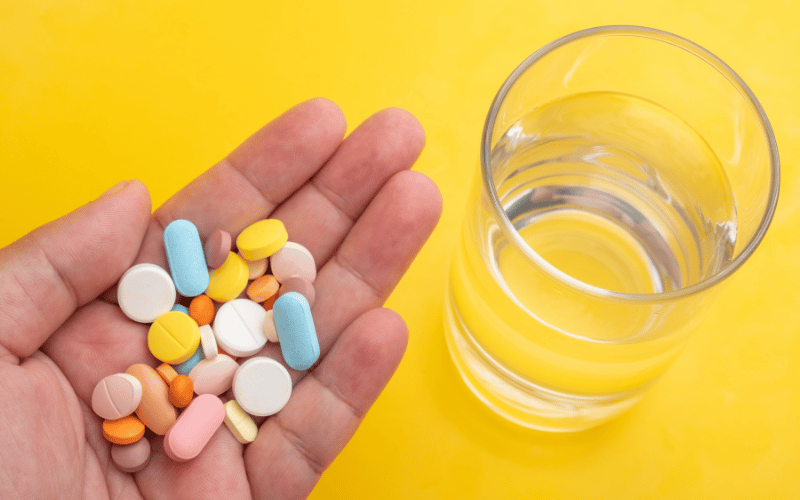Fact 7: Medications Can Help

Imagine a gatekeeper, controlling the flow of people through a gate. Some medications act precisely like that for food, managing its passage from the stomach to the intestines. Acarbose, for instance, plays this role to perfection. By delaying the absorption of carbohydrates, it prevents those notorious sugar spikes, which often lead to late dumping symptoms.
Enter octreotide, a synthesized hormone that’s been a beacon of hope for many. Its magic lies in its multifaceted approach. Not only does it slow down the stomach’s emptying process, but it also reins in insulin, preventing its excessive release. The result? A significant reduction in both early and late dumping symptoms.
For many, diarrhea isn’t just an occasional nuisance. It’s a recurring ordeal, compromising their quality of life. Anti-diarrheal medications can be lifesavers in such scenarios. By controlling this unsettling symptom, they provide much-needed relief, enabling individuals to partake in daily activities without constantly scouting for restrooms.
Medications are not a one-size-fits-all deal. What’s miraculous for one might be meh for another. That’s why it’s pivotal to collaborate closely with healthcare professionals. It ensures the right drug, at the right dose, for the right duration.
While the power of pills is undeniable, they shine brightest when part of a holistic regimen. Merging medication with dietary and lifestyle modifications can craft a comprehensive management strategy, one that addresses dumping syndrome from all angles. (7)